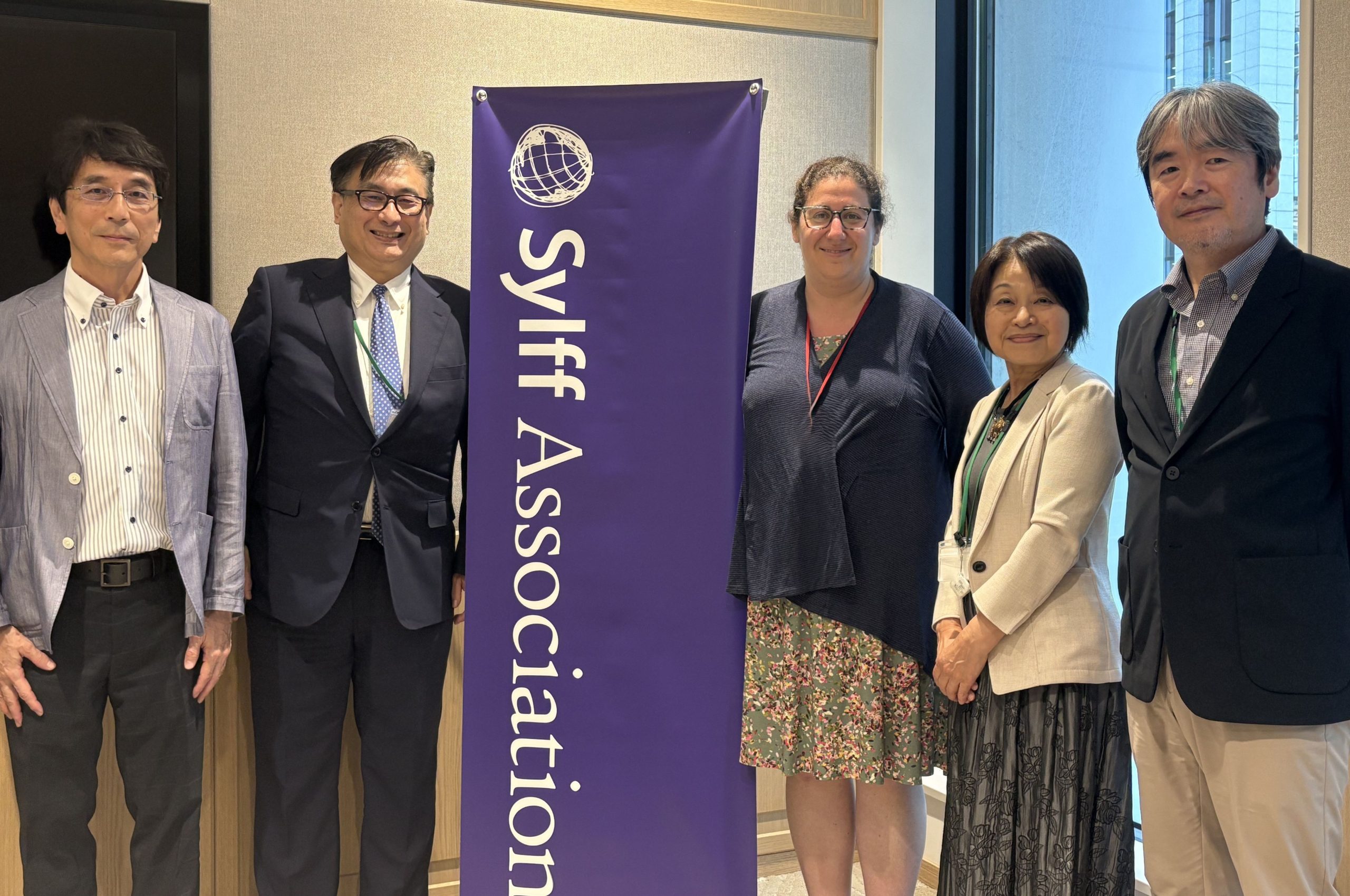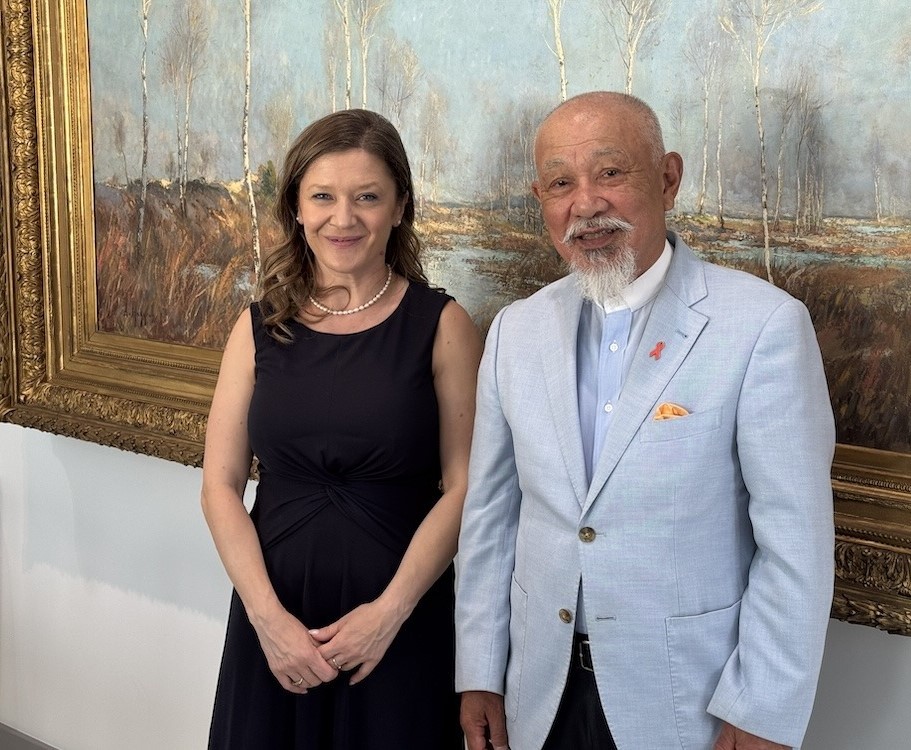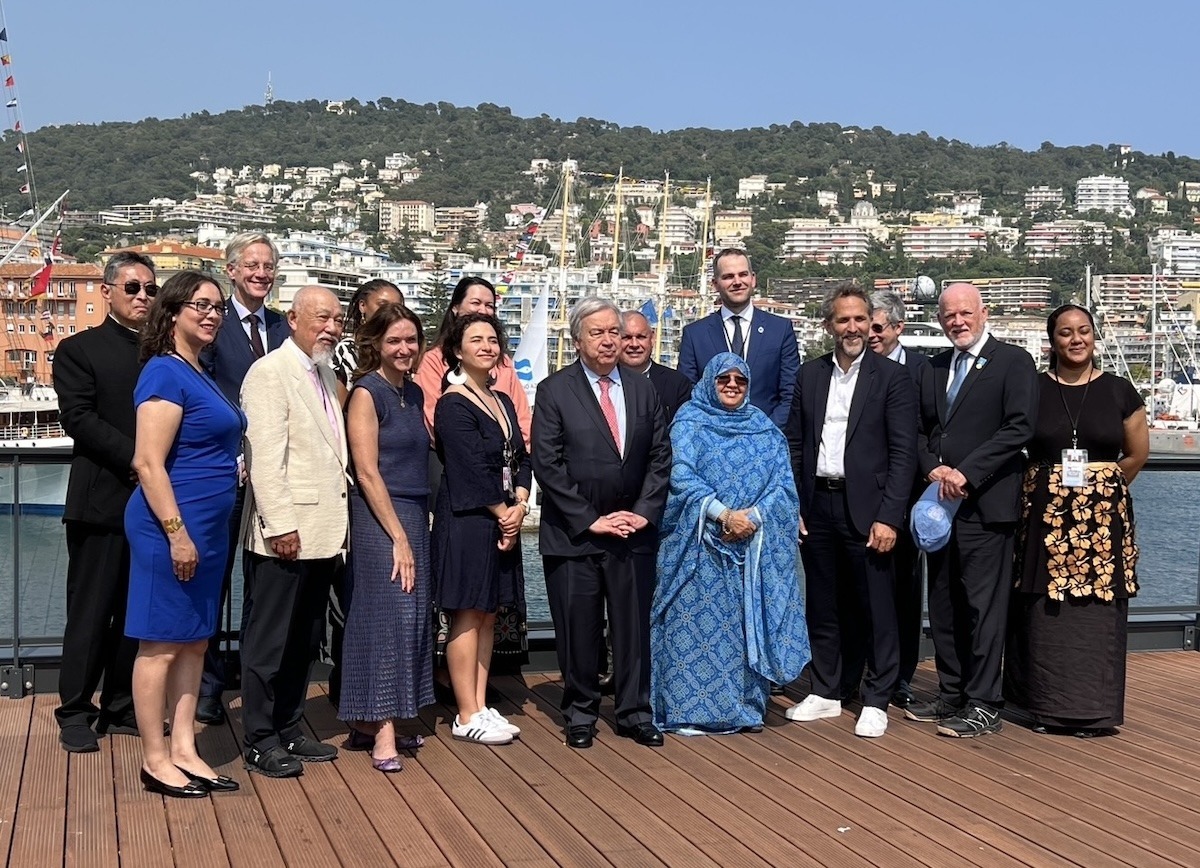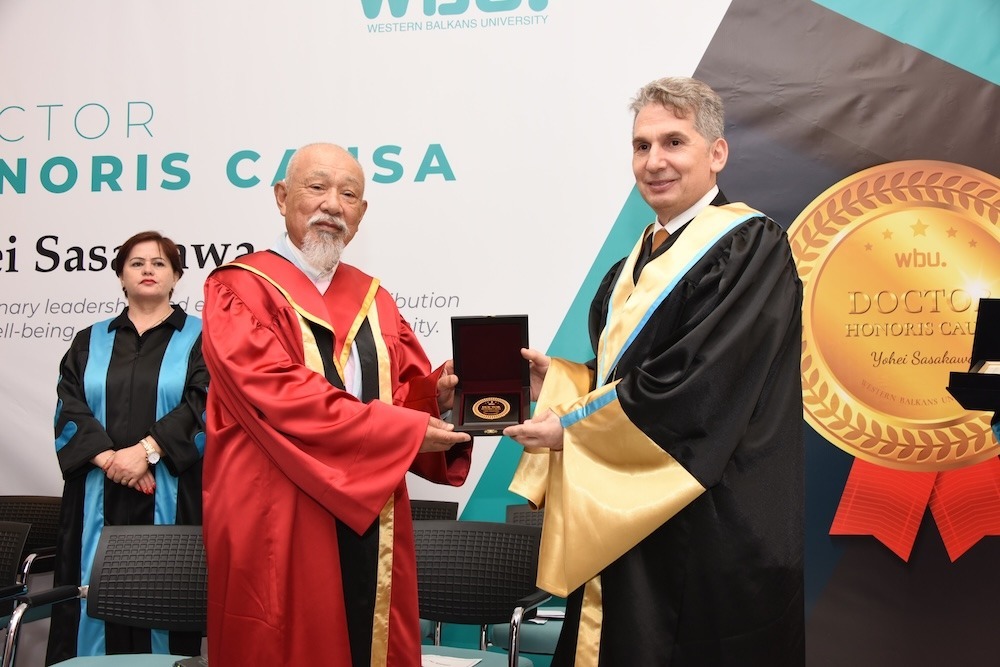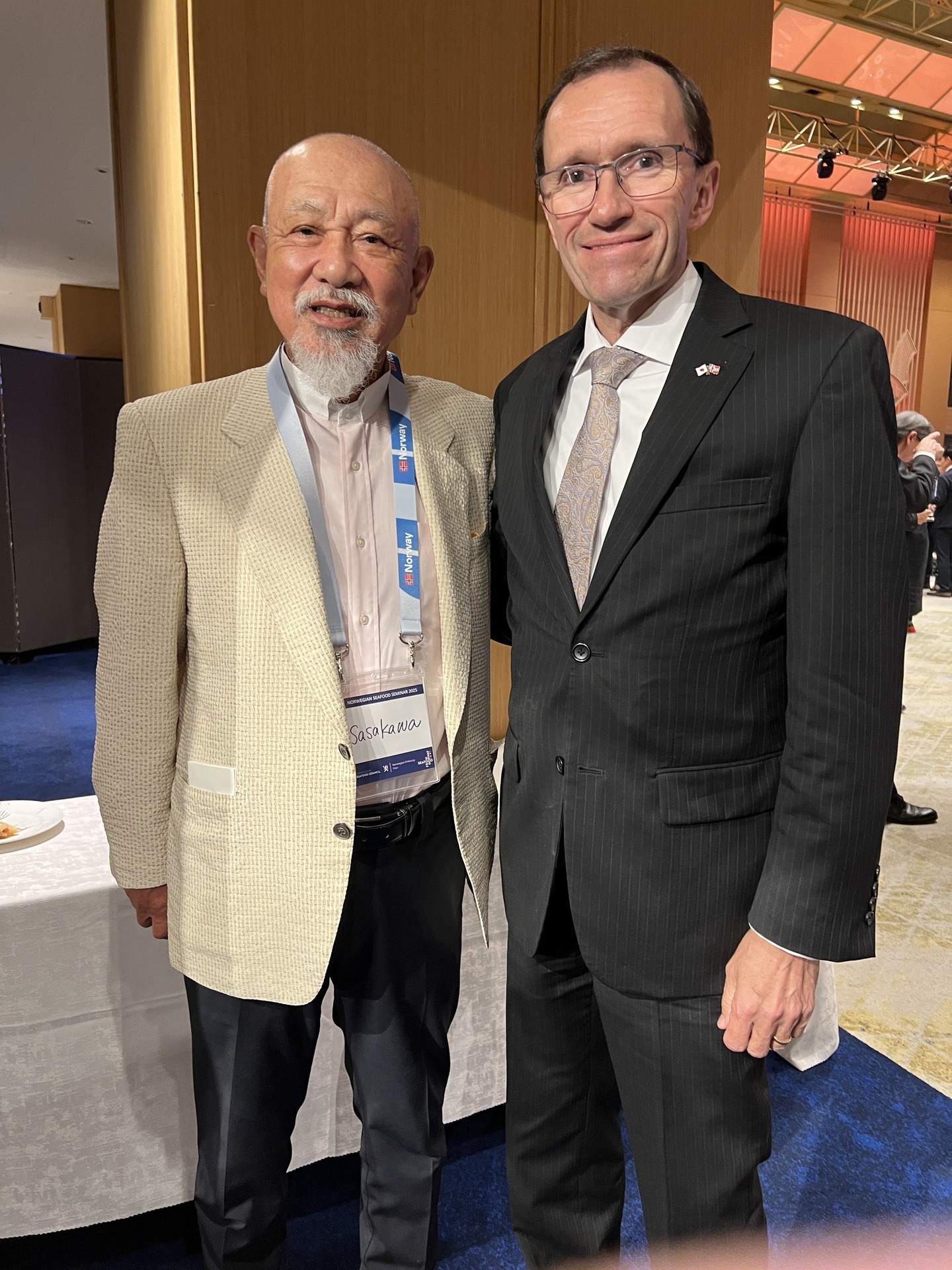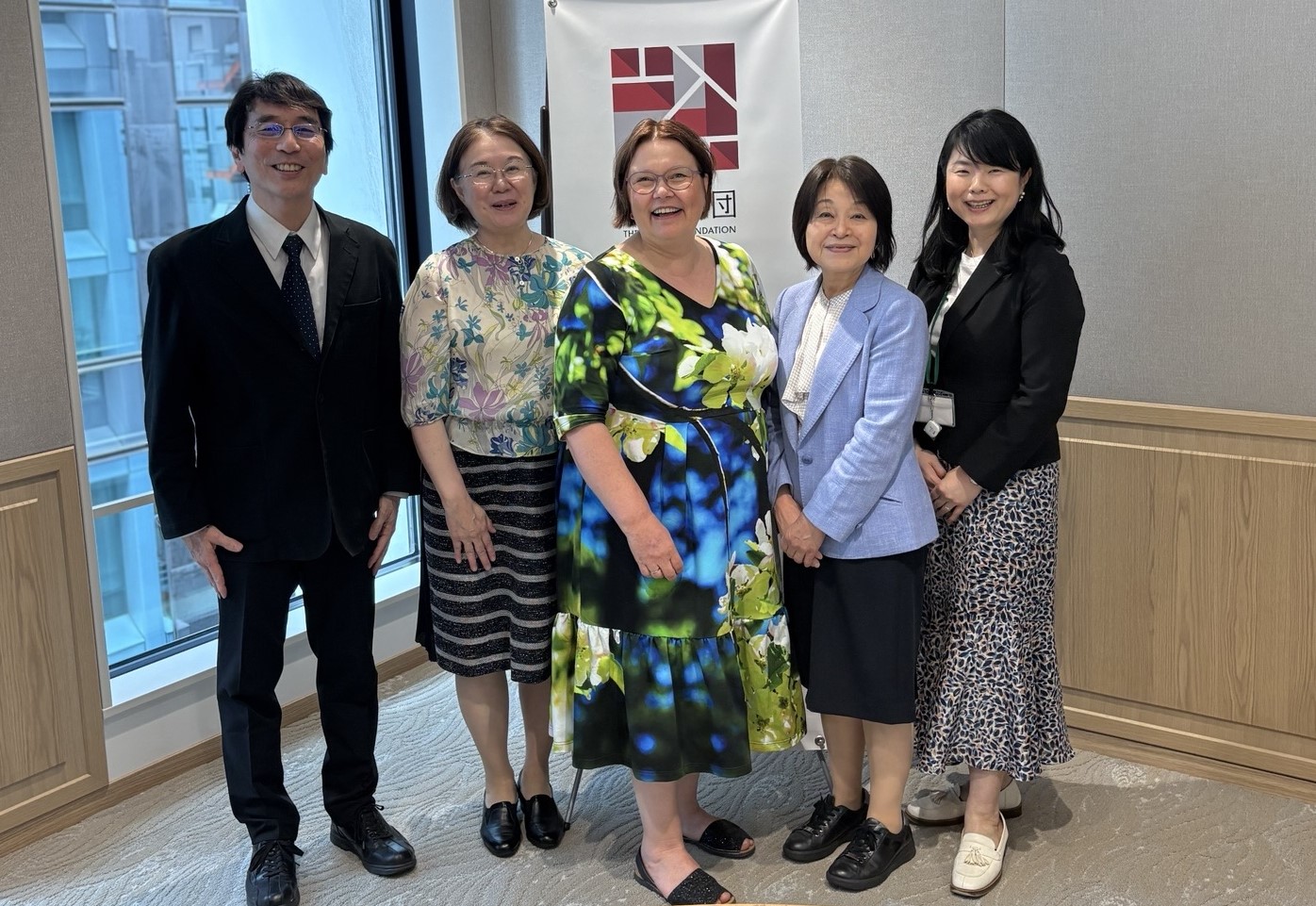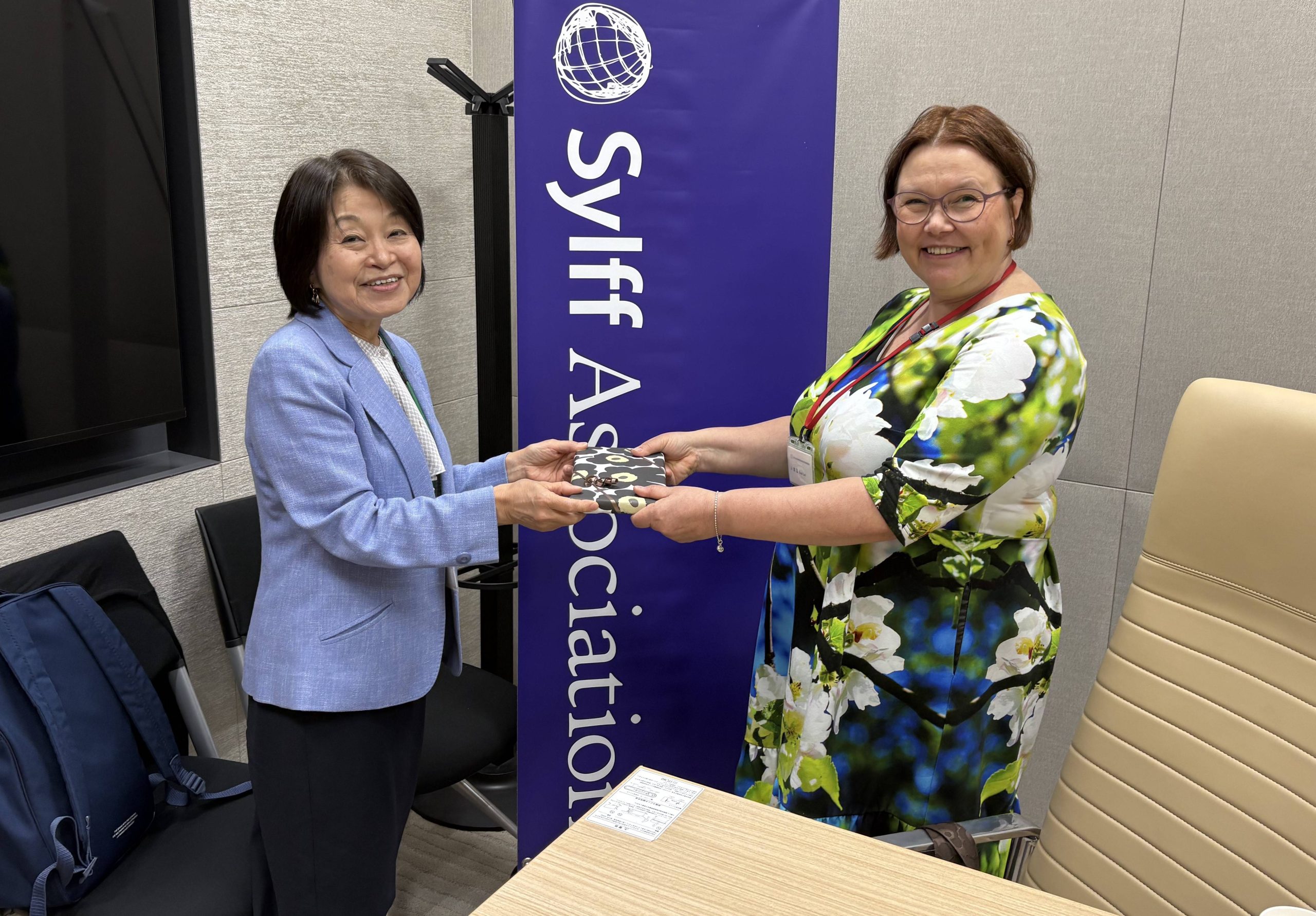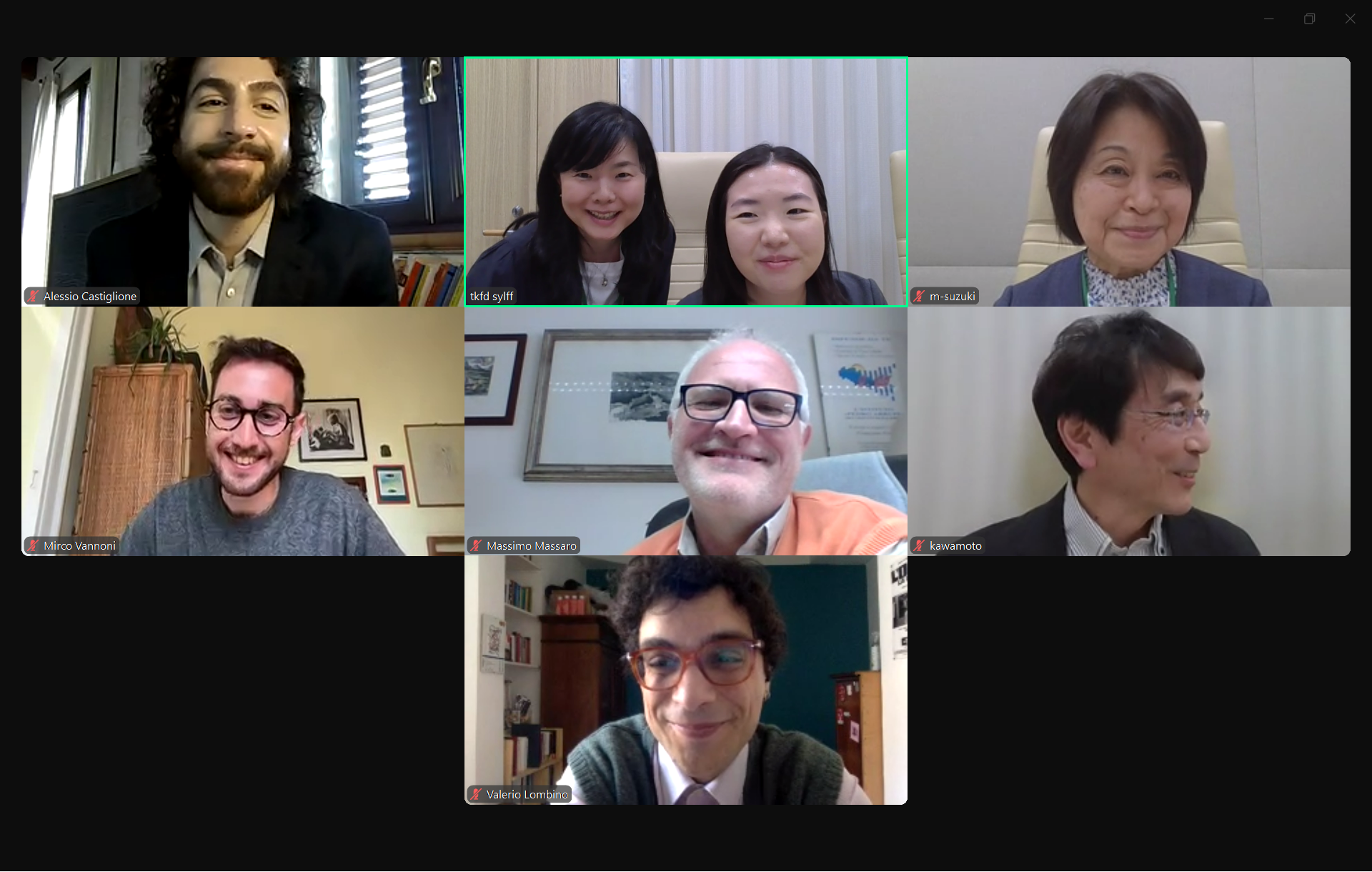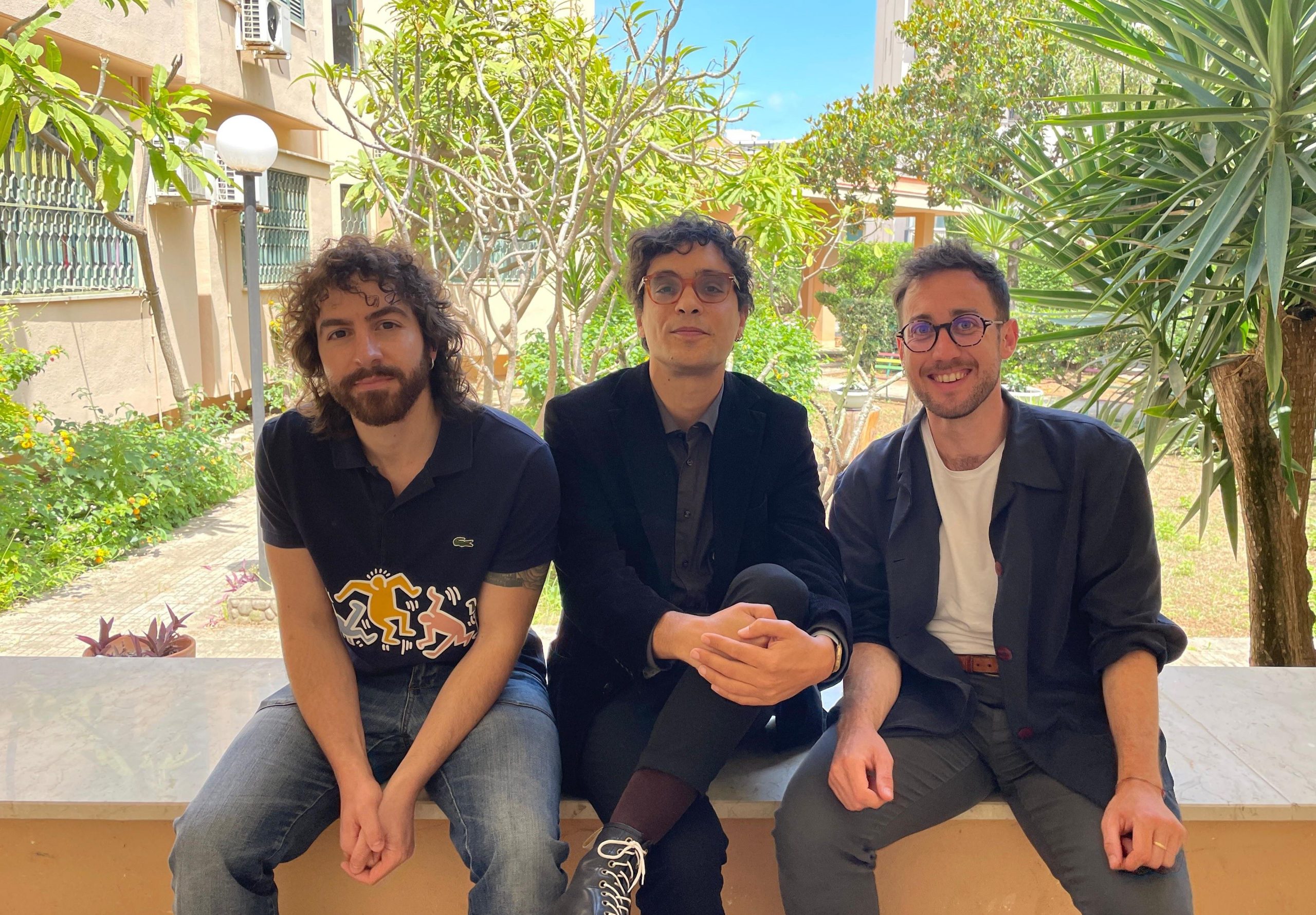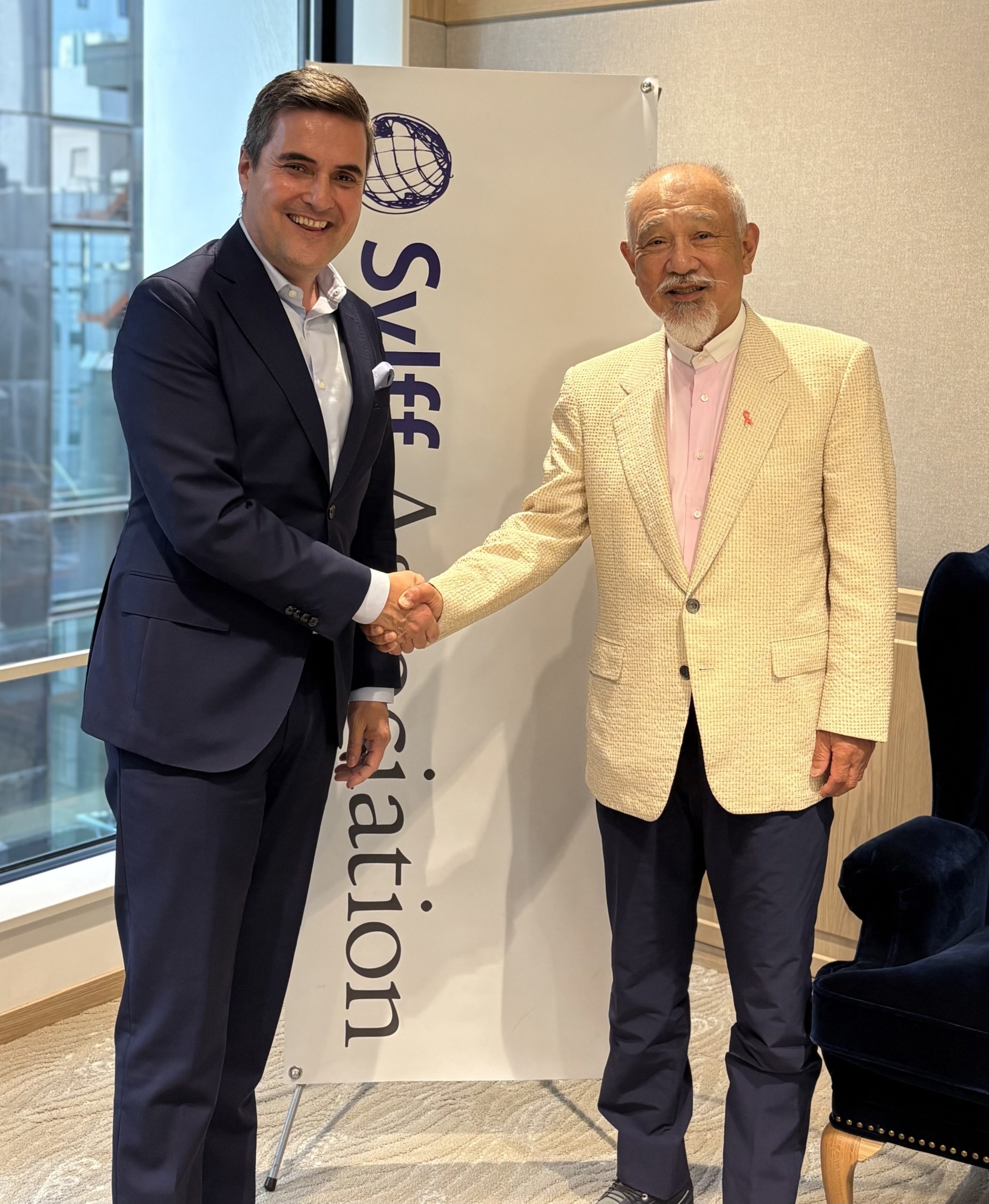In the world of classical music, few institutions carry the weight of history and prestige like the Conservatoire national supérieur de musique et de danse de Paris. Alongside the Juilliard School in New York and the Moscow State Tchaikovsky Conservatory, it stands as one of the world’s most revered music schools—an elite training ground for generations of top artists.
Founded in 1795 during the French Revolution, the Conservatoire de Paris traces its roots back to 1669, when Louis XIV established the Royal Academy of Music. Originally housed in the Palace of Versailles as a school for vocal and dramatic arts, it has since become one of the most respected institutions for higher music education. With alumni like Claude Debussy and Georges Bizet, it has served as a model for music academies around the world.
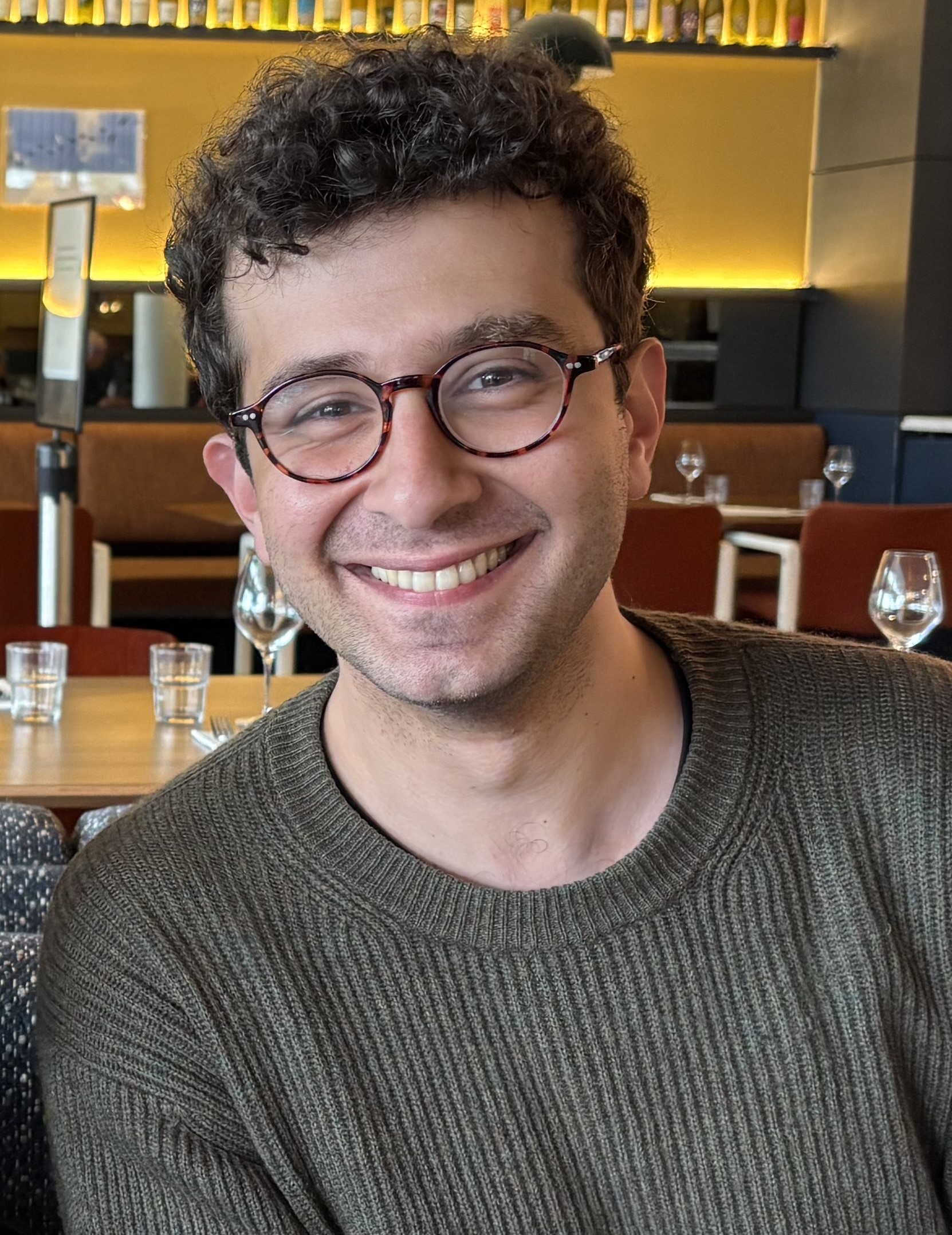 On a spring afternoon in Paris, the Conservatoire’s campus in La Villette Park was filled with the energy of young musicians from around the world. Among them was Bilal Alnemr, a Syrian-born violinist whose path to the Conservatoire has been nothing short of extraordinary.
On a spring afternoon in Paris, the Conservatoire’s campus in La Villette Park was filled with the energy of young musicians from around the world. Among them was Bilal Alnemr, a Syrian-born violinist whose path to the Conservatoire has been nothing short of extraordinary.
Alnemr received a Sylff fellowship in 2019 and 2020 while working toward a master’s degree in classical instrumental music. But his journey began far from the concert halls of Europe—in the war-ravaged streets of Damascus.
“It’s been a series of miracles,” Alnemr says, reflecting on the path that brought him here.
A Toy Violin and a Father’s Faith
Alnemr’s earliest memory of music is a toy violin, gifted to him as a baby by his father, a passionate lover of music. The toy did not produce any sound, but the young boy’s relentless attempts to make it sing revealed a spark of talent. Noticing this, his father spent three months’ worth of the family’s living expenses to buy a real violin for his three-year-old son.
From that moment, music became Alnemr’s world. While other children played outside, he practiced in the basement of a local music school. At night, his father climbed onto the roof to adjust their satellite dish, tuning into French classical broadcasts at a time when access to international broadcast was prohibited by the Assad regime. He recorded the music onto DVDs, which became Bilal’s teachers.
In 2007, at age 11, Alnemr won Syria’s national competition for young musicians. His prize: a blue Sony Walkman. “That’s why I feel a special connection to Japan,” he says with a smile.
A Rising Star in Exile
Alnemr’s talent quickly gained recognition. After winning Syria’s Solhi Al-Wadi International Competition, he began performing across the Middle East and beyond—in India, Russia, Qatar, Jordan, and Lebanon.
Then, in 2010, a French music teacher offered him a life-changing opportunity: admission to the Darius Milhaud Conservatory of Music in Aix-en-Provence. At just 13, Alnemr left Syria alone to pursue his dream.
But within a year, the Arab Spring ignited a brutal civil war in Syria. Alnemr was stranded in France, unable to return home or see his family. He practiced relentlessly, often from early morning until evening, driven by both ambition and heartbreak.
His dedication paid off, as he was unanimously accepted into the Conservatoire de Paris in 2013. A year later, he was named solo violinist for the Mediterranean Youth Orchestra. His performances caught the attention of renowned French violinist Renaud Capuçon, and Alnemr began winning international competitions.
In 2021, with the help of a Sylff fellowship, he earned his master’s degree from the Conservatoire, cementing his place among the world’s rising stars.
Music as a Bridge for Peace
Alnemr’s artistry is matched by his humanitarian vision. In 2019, he joined the West-Eastern Divan Orchestra, founded by conductor Daniel Barenboim and scholar Edward Said to unite young musicians from Israel and Arab states. The orchestra, which performed in the Israeli-occupied West Bank city of Ramallah and was honored by Japan’s Praemium Imperiale international art prize, stands as a symbol of coexistence through music.
That same year, Alnemr performed alongside legendary opera singer and human rights activist Barbara Hendricks at a UNHCR concert in Geneva, supporting education for Syrian refugee children in Lebanon.
In 2021, after collaborations with Barenboim, Capuçon, and pianist Hélène Grimaud, Alnemr was officially recognized by the French government for his cultural contributions and granted French citizenship.
A Family Reunited
In 2016, five years after the war began, Alnemr was finally reunited with his family. His parents and sister arrived in the idyllic village of Vauvenargues near Aix-en-Provence carrying only two suitcases. The village, nestled beneath Mont Sainte-Victoire—immortalized by Cézanne and home to Picasso’s tomb—became their sanctuary.
To thank the community, Alnemr held a classical concert there in July 2022. The music of Beethoven and Mendelssohn echoed through the village’s cobbled streets, a tribute to resilience and gratitude.
“I’m deeply grateful to Japan and the Tokyo Foundation,” he says. “I’ll never forget the support I received.”
A Voice for Syria
Though the Assad regime collapsed in December 2024, Syria remains unstable, plagued by violence, factional conflict, and humanitarian crisis. In response, Alnemr co-founded a nonprofit in Switzerland to promote musical exchange between Syria and the international community.
“As a ‘citizen musician,’ I want to help bring peace and stability to my homeland,” he says.
From a silent toy violin in Damascus to standing ovations in Europe’s grandest halls, Bilal Alnemr’s story is a testament to the power of music—and the human spirit. (Compiled by Noburu Okabe)
Translated from an article originally published on the Tokyo Foundation’s Japanese website
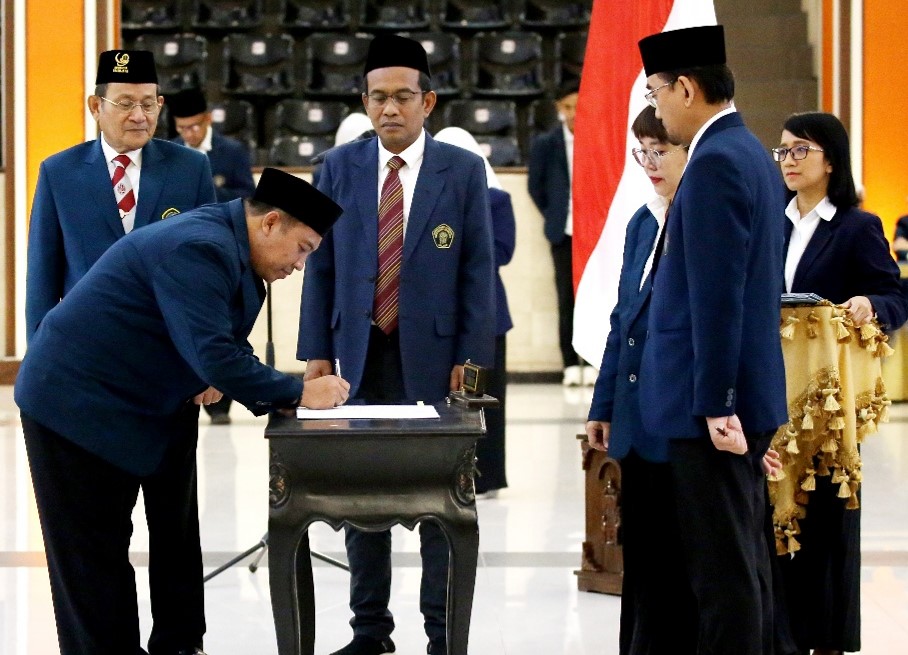



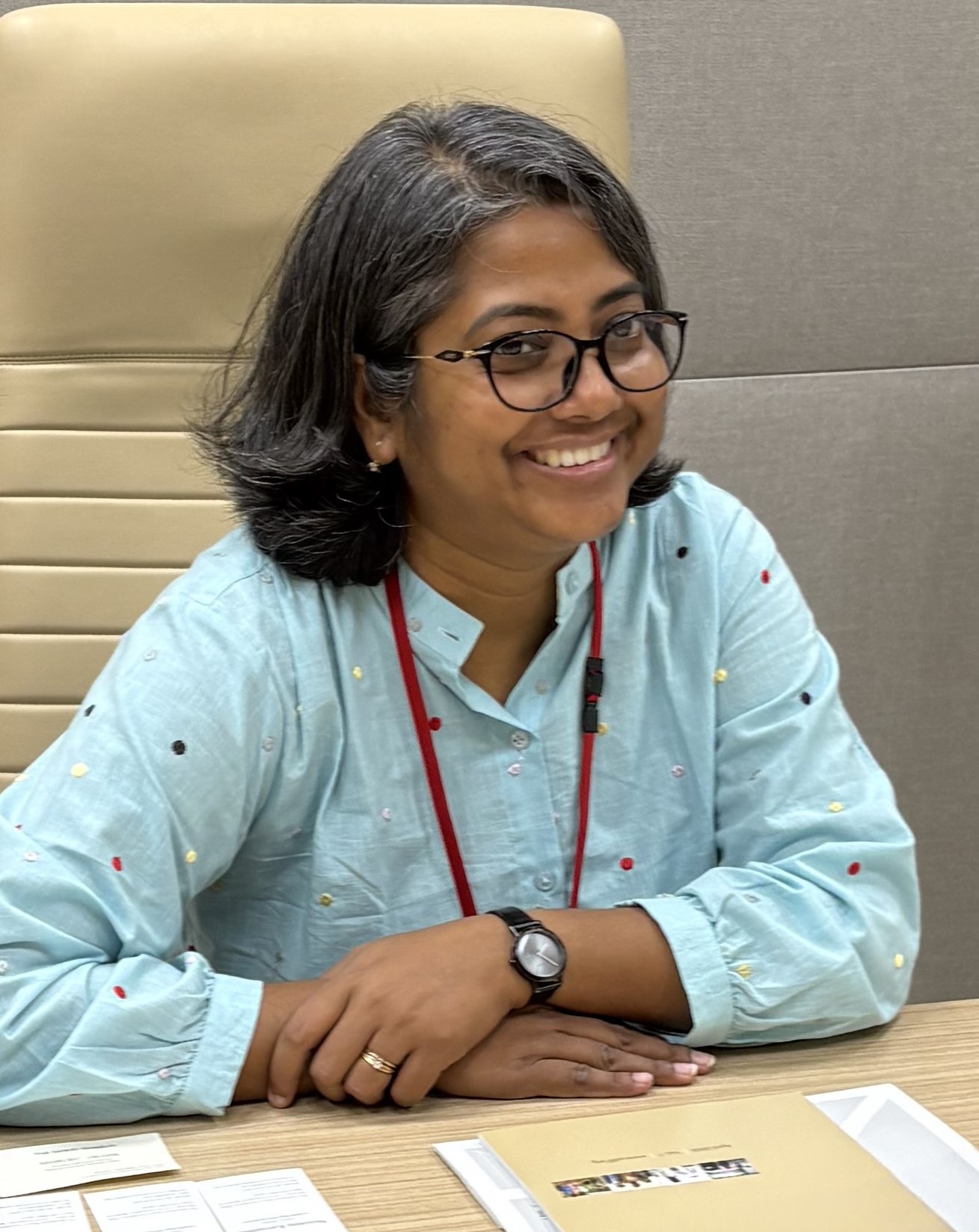 On September 19, 2025, the Sylff Association secretariat was pleased to welcome
On September 19, 2025, the Sylff Association secretariat was pleased to welcome 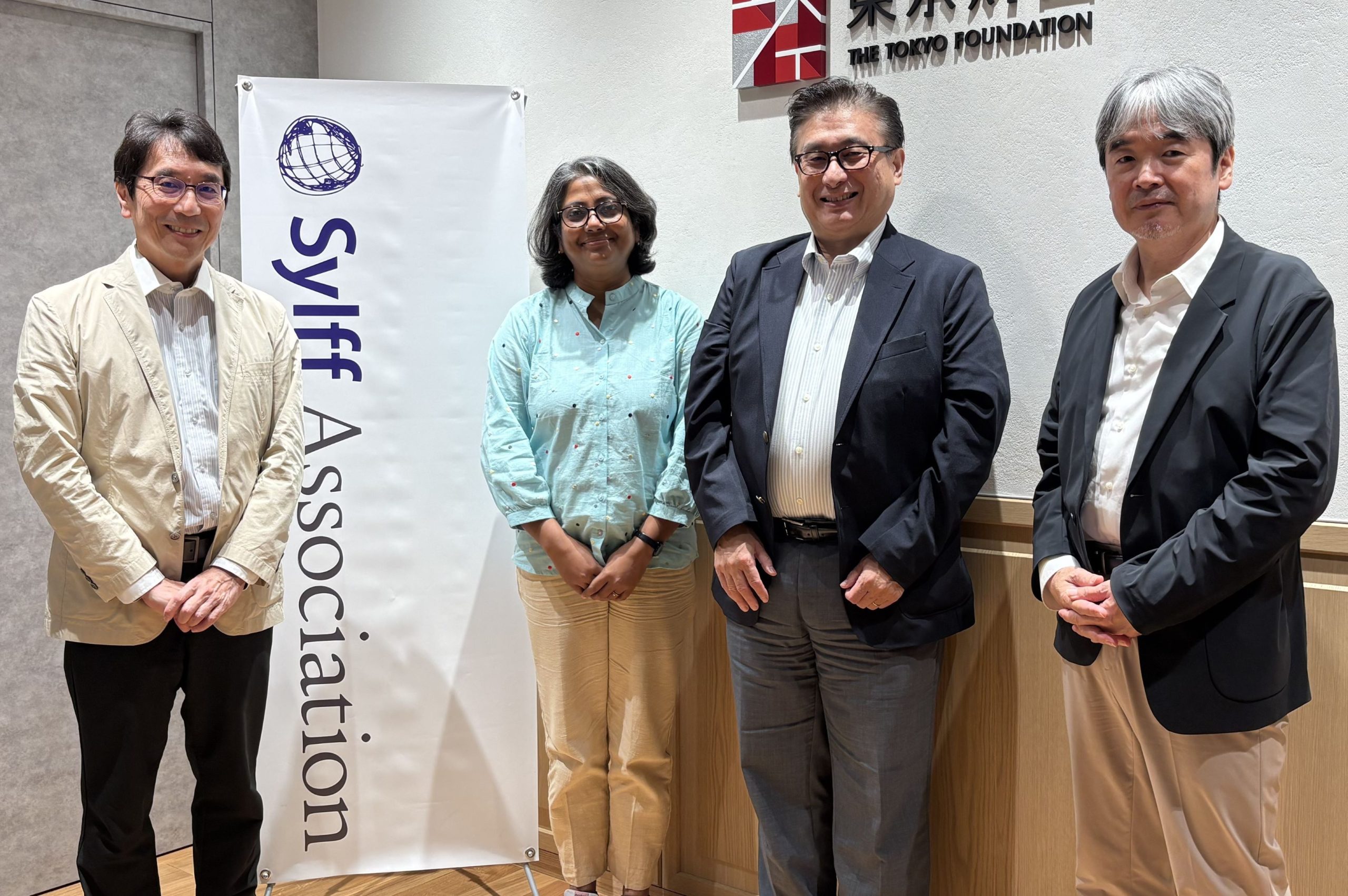 The Sylff Association secretariat is proud of Dasgupta’s ongoing contributions to sustainability in India and beyond. We warmly welcome all fellows and steering committee members to visit us during their time in Tokyo. (Compiled by Nozomu Kawamoto)
The Sylff Association secretariat is proud of Dasgupta’s ongoing contributions to sustainability in India and beyond. We warmly welcome all fellows and steering committee members to visit us during their time in Tokyo. (Compiled by Nozomu Kawamoto) On a spring afternoon in Paris, the Conservatoire’s campus in La Villette Park was filled with the energy of young musicians from around the world. Among them was
On a spring afternoon in Paris, the Conservatoire’s campus in La Villette Park was filled with the energy of young musicians from around the world. Among them was 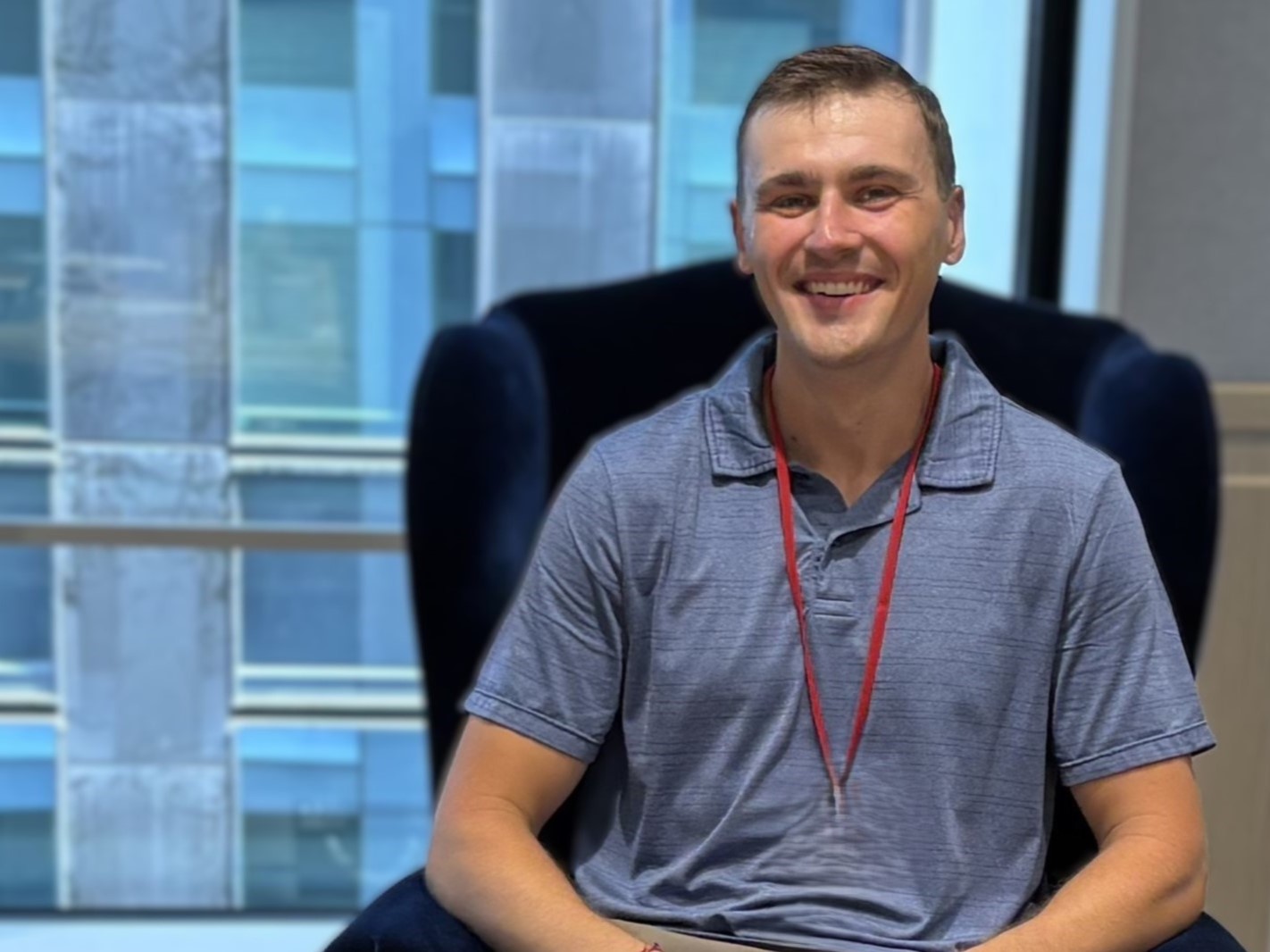
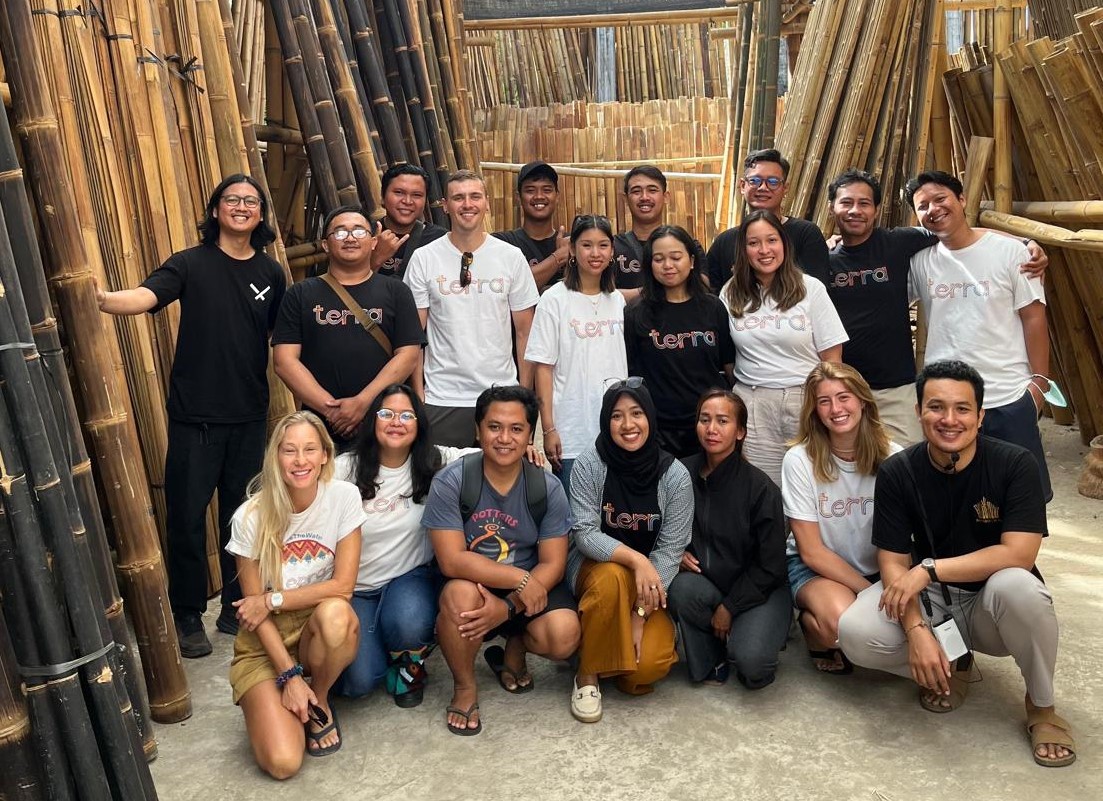
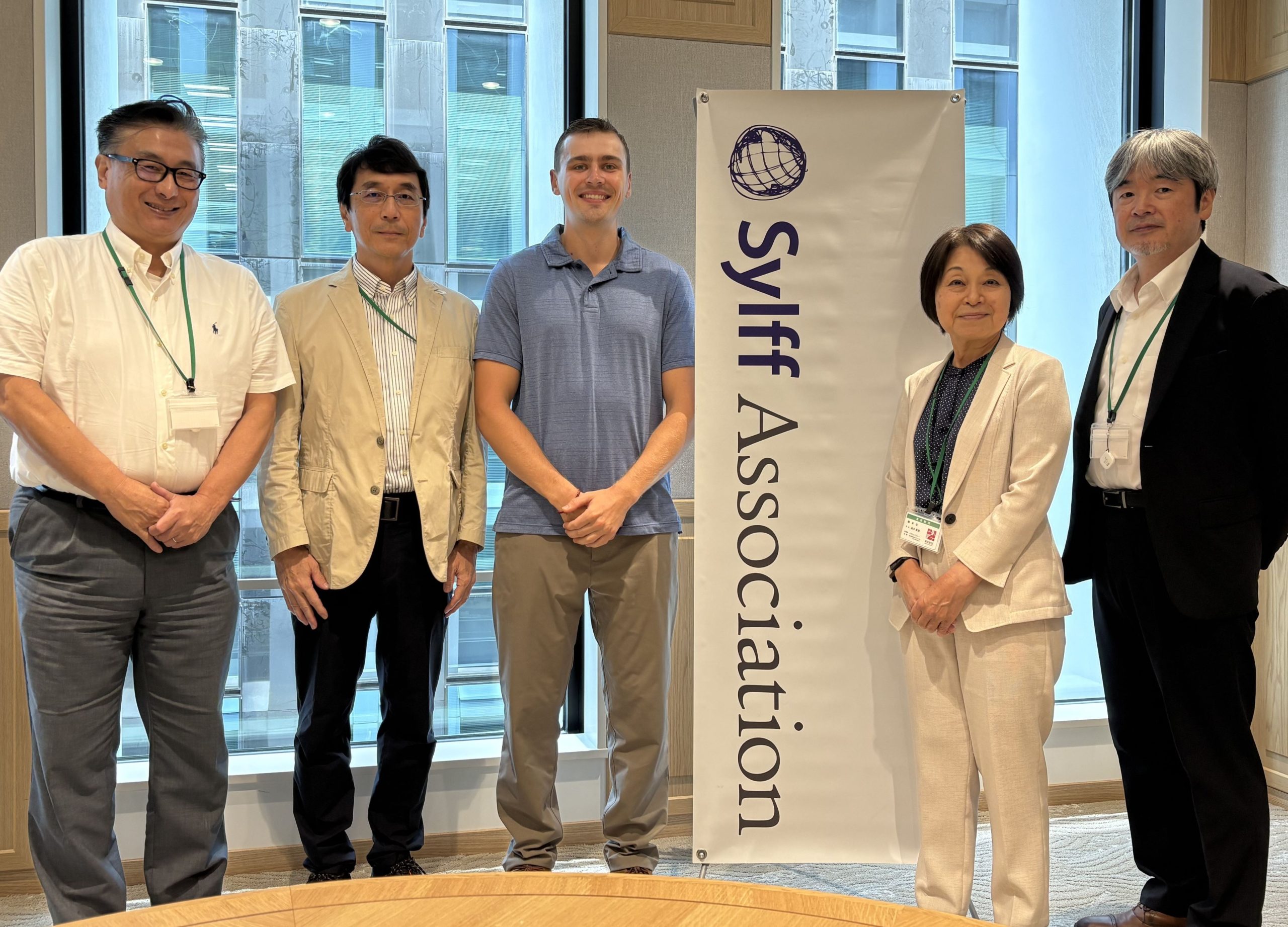
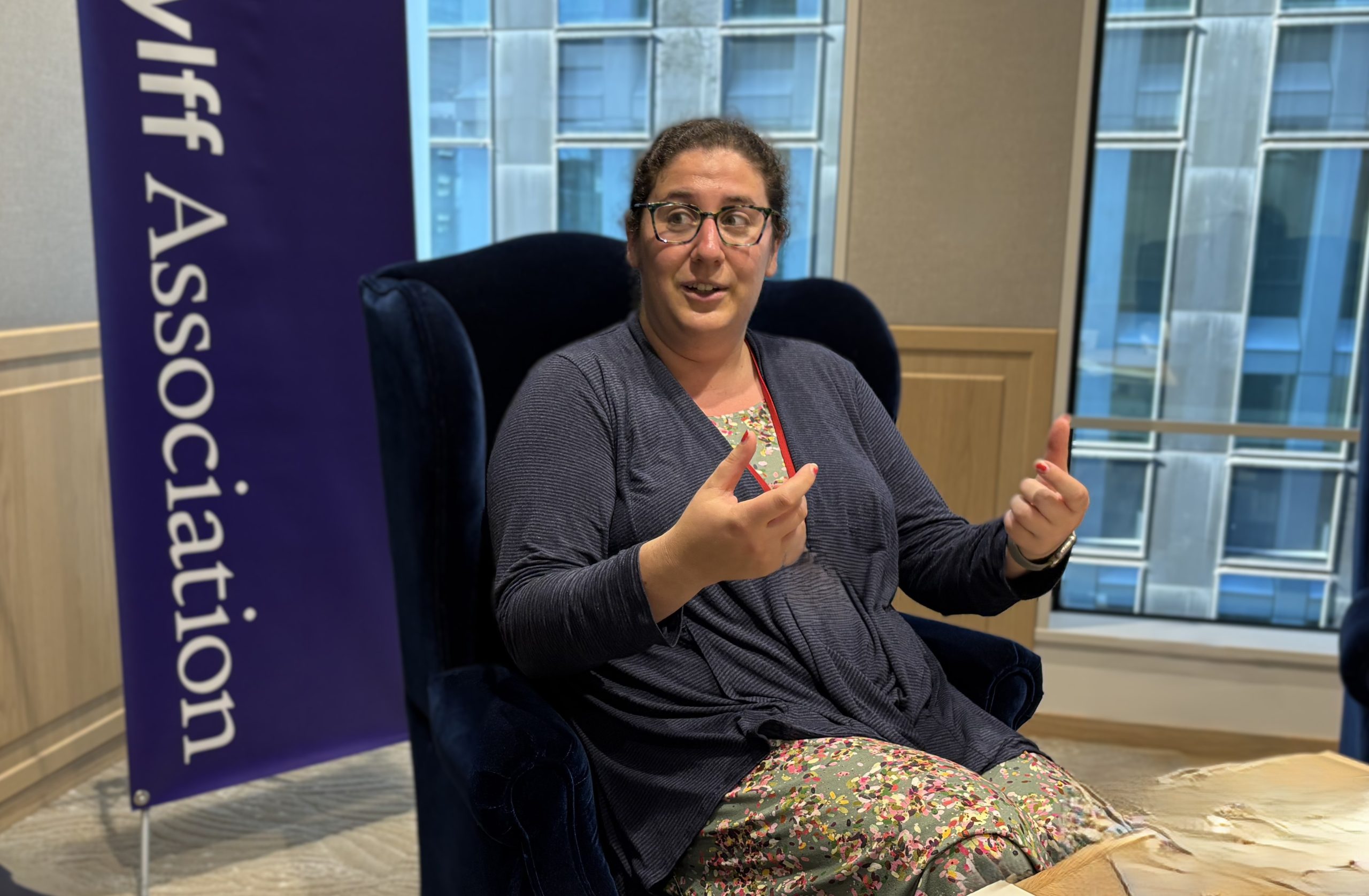 A leading expert in both computer science and technology policy, Wolff was visiting Japan to engage with cybersecurity professionals—meeting with defense officials at the National Institute for Defense Studies, holding discussions with specialists at the University of Tokyo, and reconnecting with many Fletcher alumni.
A leading expert in both computer science and technology policy, Wolff was visiting Japan to engage with cybersecurity professionals—meeting with defense officials at the National Institute for Defense Studies, holding discussions with specialists at the University of Tokyo, and reconnecting with many Fletcher alumni.